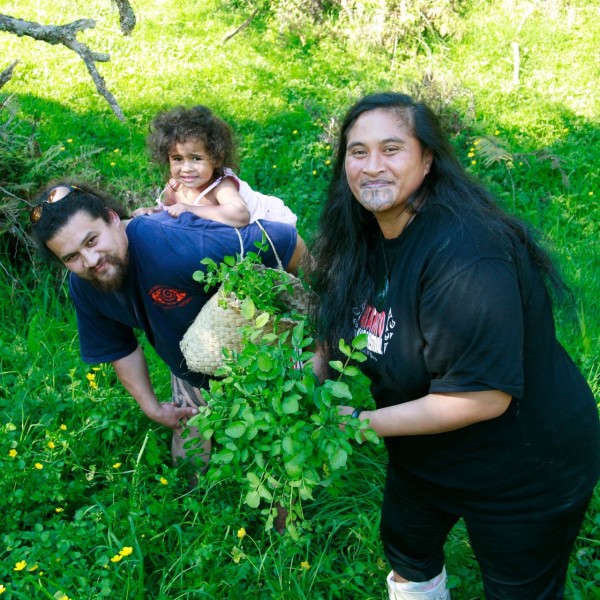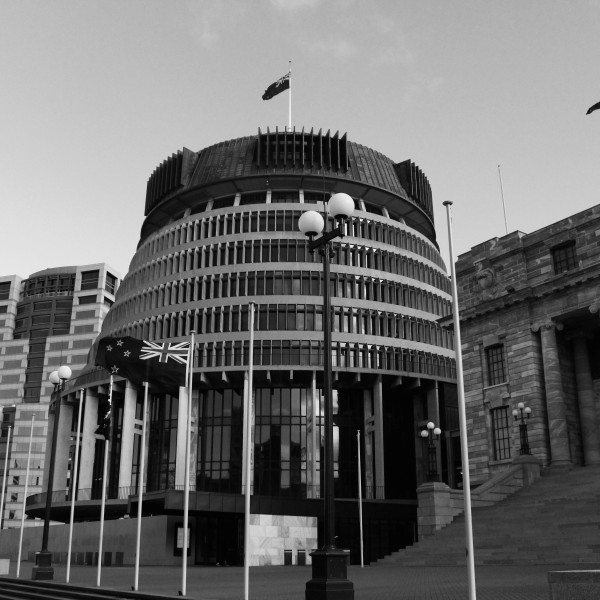


Deaf mental health and addiction
Improving access and choice for the Deaf mental health and addiction community. This was a 12-month project completed over 2021-22.

Useful information for people working with the Deaf community:
Click here for advice on how to work with NZSL interpreters to ensure equitable access for Deaf people, including how to book one, and what your responsibilities are when booking NZSL interpreters.
Overview of NZSL: https://www.healthnavigator.org.nz/languages/n/nz-sign-language/#Overview
Staff training videos: Communicating with people from the Deaf community for better health outcomes within a health setting (14min): https://www.youtube.com/watch?v=zHawe_dDsTw&feature=youtu.be
There is a list of NZSL classes available at http://teachsign.org.nz/students.



Improving access and choice for the Deaf mental health and addiction community. This was a 12-month project completed over 2021-22.



Tools, networks and events to strengthen community organisations.



Using evaluation, data, and collaboration to advocate for change.



Contributing to policy development, as well as providing a policy library and a range of publications to support the sector.



Fostering strategic partnerships and alliances to achieve a strong and sustainable mental health and addiction NGO and community sector.



Ensuring the future workforce is equipped to deliver quality community mental health and addiction services.